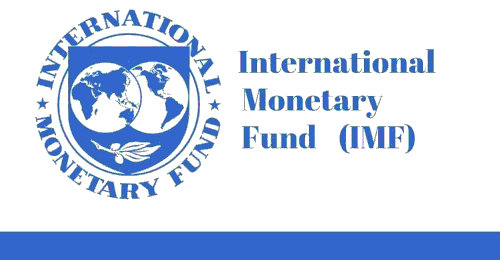Egypt, Saudi Arabia, China, Turkey, and Iran topped the list of countries that imprison the largest number of journalists in the world, according to a report by the International Committee to Protect Journalists (CPJ).
In a report published last Wednesday, the committee said that authoritarian rulers such as Xi Jinping, Recep Tayyip Erdogan, Mohammad bin Salman, and Abdul Fattah al-Sisi did not show any signs of easing the repression on critical media.
Saudi Arabia and Egypt shared the third rank for the countries that imprison the largest number of journalists, as the annual report issued by the CPJ stated that Saudi Arabia and Egypt detained at least 26 journalists in 2019.
The report added that the Saudi authorities have charged 18 journalists and detained them, while journalists who appeared in court were sentenced in a secret and often urgent manner, according to the report.
The Guardian newspaper published medical reports that included evidence that Saudi authorities had beaten, tortured, and starved political prisoners, including four journalists.
The reports link these violations to a campaign that the committee described as repressive, carried out by the Saudi Crown Prince Mohammad bin Salman against the opposition, which reached its climax with the assassination of journalist Jamal Khashoggi at the Saudi consulate in Turkey in 2018.
In the case of the important regional ally, the situation was no better, as the number of journalists imprisoned in Egypt increased from last year.
The authorities ordered some of the released prisoners, including photojournalist Mahmoud Abu Zaid and blogger Alaa Abdel Fattah, to come to the police station every evening before the latter was arrested again.
Abu Zaid, known as Shawkan, had to spend every night at the police station since his release from Tora Prison on March 4, according to a relative, while Abdel Fattah spent all his nights at the police station for a period of six months, until he was detained again on September 29.
Journalist Israa Abdel Fattah was also beaten when arrested by the security forces on October 12 according to the testimony of her journalist colleague, Mohamed Salah, who was with her.
Mohamed Salah said that security personnel put a blindfold over his eyes and beat him, then took him to an abandoned highway and interrogated him for an hour, confiscated his phone and memory card, then left him there. He was arrested by the authorities after six weeks and is still being held.
The number of people charged with “false news” has risen under the government of Egyptian General Abdel Fattah al-Sisi. The regime has also imprisoned journalists and charged them with being against the state.
Authorities have included the cases of most of the journalists imprisoned in Egypt in group trials on charges related to terrorism and publishing “false news.”
It was the al-Sisi regime that most used this accusation in the world this year.
US Secretary of State Mike Pompeo has called on the authorities in Egypt to respect freedom of the press.
“In the framework of our deep-rooted strategic partnership, we continue to raise the importance of respect for human rights and public freedoms and the need for a strong civil society,” Pompeo said in a previous news conference.
Rights groups and others concerned with freedom of opinion and expression say that newspapers and the media in Egypt suffer from “unprecedented” restrictions, while authorities have arrested dozens of opponents, activists, and journalists on charges of terrorism, spreading false news and misusing social media.
Egyptian authorities deny detaining anyone over freedom of opinion and expression and say they just implement the decisions of the public prosecution to arrest those who break the law.





Recent Comments